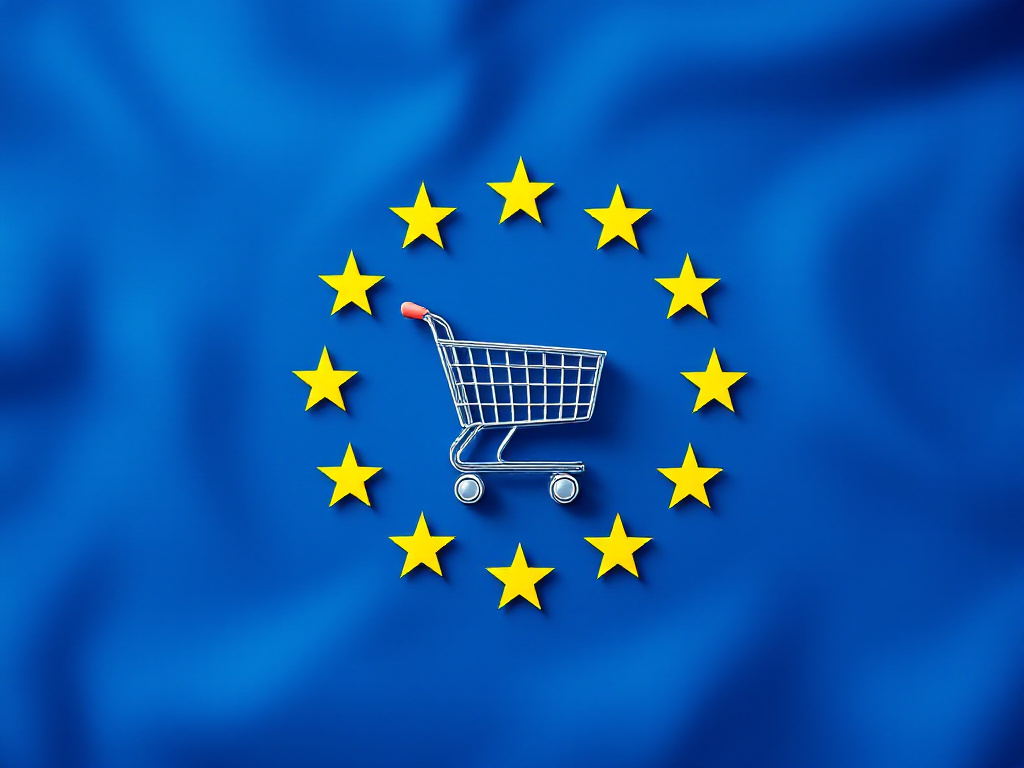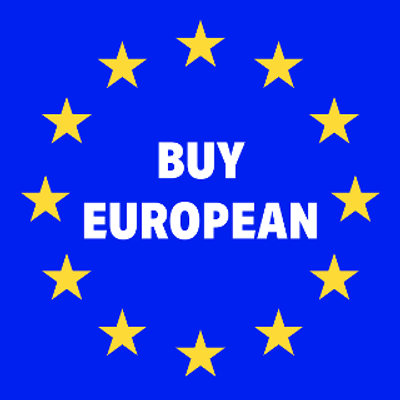SoundCloud always missing wtf???
WTF!!!’
Lol 😂
I think the hardest part are mobile OS 😔
Beside : eOS, sailfish and postmarket we have a long way…Yes, but it turns out you can do a lot of ‘switching’ even if you can give up on android or iOS straight away. I follesdd this guide for degoogling my Samsung, not done yet but feels like I made some good changes: https://androides.nl/degoogle-guide/
Though large part is already covered by switching services / apps
You do a great job! 👏 Thank you!
Isn’t Waterfox quite slow on the updates?
I’ve been using LibreWolf, but I’ve been meaning to try out Zen
Zen has quite a steep learning curve, especially wjith workspaces and such. It’s a cool concept, but I switched back to Librewolf out of convenience and a leaner ux.
Sadly there’s no librewolf on mobile.
there’s IronFox
• Operating system
OpenSuse👉Here is explained: https://privsec.dev/posts/linux/choosing-your-desktop-linux-distribution
• Messenger
Simplexthe legend is incomplete. what’s red? what’s the globe icon? how come some products marked not majority EU owned have the EU flag?
I will try to answer these, and hope someone corrects any potential innaccuracy:
what’s red?
There is a comment there saying “see deep-dive for details” so the red-highlight caveat is likely explained there.
what’s the globe icon?
My assumption is that icon just indicates Free/Open-Source projects which have no “owning company” (not “based” anywhere), just globally scattered contributors.
how come some products marked not majority EU owned have the EU flag?
My guess (merely a guess) is that those are run by EU-based companies, but which don’t have a solid policy guaranteeing “majority of shareholders are in the EU” (…?)
how come some products marked not majority EU owned have the EU flag?
The EU flag is used here for the whole Europe (see the top-right corner), but “not majority EU owned” is specifically looking at the EU, which is very confusing. So Vivaldi being Norwegian and Canonical being British stick out.
This guide is weird. It suggests to replace US products by other US products
sometime it’s better, for example signal is more popular as an alternative and value more privacy. But if you want to go a step further then you can go use less popular tools.
I didn’t switch yet because I don’t own replace messenger and whatsapp by 3-4 new product…
Some really weird suggestions.
Free Software does not have a country of origin.
- NixOS, uBlue, AerynOS poorly all rely on Github (Microsoft), but are far better distros than Ubuntu or Mint
- Librewolf is better than Waterfox and way more common
- Ecosia uses Bing, Kagi uses Yandex and is shady. Metager, SearX, Swisscows and more are actually good
- Android, iOS -> GrapheneOS. No iodeOS, they are insecure and not comparable. Same for Fairphone and /e/OS. GrapheneOS is free software but also mainly in the US
Can you ellaborate the Linux Distros? I’m considering switching from Windows to Linux and currently informing myself about the different distros. Why are they better than Mint and Ubuntu or what is wrong with them?
Hi there, good luck! Maybe I can help.
I hyperfocused a bit on this question and made a structured post about it.
https://slrpnk.net/post/21305064
I hope you like it!
Sounds like a good suggestion!
Thank you!
I think federated vs cetralised should be a classification for social media platforms
Profit Share missing for Ecosia.
The incomplete guide…
Cryptpad, ONLYOFFICE, Fennec, Mullvad Browser, Librewolf, Thunderbird, FairEmail, SimpleX, Lemmy, PeertubeBluesky? Wtf
Very true. Good products
Is there a European Netflix or Youtube?
I think its called BitTorrent.
I do not want to start a discussion about Linux since I’m no expert and a million of Linux experts will know better.
But don’t all the suggested distros here (as well any user friendly ones in general) rely on the kernel written by Torvald’s team. With that team being based in the US and at least Linus himself having acted as a three letter agency asset before, can they really be called privacy friendly or even secure? (I’m talking about the CIA or NSA having had a backdoor into Linux in the past and Linus also having banned Russian contributions last year while not banning American contributions, much less moving the operation outside of the US)
deleted by creator
What is this backdoor you speak of?
Bvp47
Having not heard of this one, I was curious so checked some sites about it, like:
https://www.reddit.com/r/linux4noobs/comments/kd0yml/does_the_nsa_have_a_backdoor_to_linux_this/
https://www.theregister.com/2022/02/23/chinese_nsa_linux/
My quick impression from those seems to match what was said by some commenters on the FreeBSD forum - https://forums.freebsd.org/threads/nsa-linked-bvp47-linux-backdoor-widely-undetected-for-10-years.84258/
msplsh: This looks like an implant that opens a backdoor, not an intrinsic backdoor built into the OS.
and:
sko: From el reg: To us it seems whoever created the code would compromise or infect a selected Linux system and then install the backdoor on it. So if someone already gained privileges to install anything on one of your machines, it doesn’t matter what it is - this host is compromised and has to be nuked from orbit.
So, unless I’m missing something this is not really about “the Linux kernel devs being compromised by NSA” as much as the endless list of Windows-targetting malware is not about “the NT kernel devs being compromised by NSA”.
If this is the case, this still wouldn’t exclude a NSA compromise though. There is the ban of Russian contributions.
You can say this is all about politics and the war, but then those politics are clearly aligned with US agencied interests. American contributions are still allowed despite the US being just as much as if not more of a threat to security and privacy. Just like they’re just as war mongering.
I don’t know the details of that part directly, but I do remember reading things like this which seemed to indicate delisting of some maintainers (positions of responsibility, as opposed to blocking all developer contributions) who were associated with certain sanctioned Russian companies. This seems to be in line with standard sanctions being imposed by many companies & organisations in various countries (not just USA). Regardless of personal opinions about whether that was “right, wrong, or otherwise” at the time it at least seems a far cry from “an NSA compromise”.
Great guide, thanks! Will start converting (where not already through with it).
Maybe someone can help with this topic: Is there any EU-based live map service (including traffic jams and road work and the likes)? I already use OSM but that doesn’t (can’t by design as far as I know) include live information.
Magic earth comes closest I guess. It has live traffic although in my opinion not on par with Google maps. Still, I am using it and am quite satisfied
Try Here We Go (https://wego.here.com/), it is owned by a bunch of car companies.















